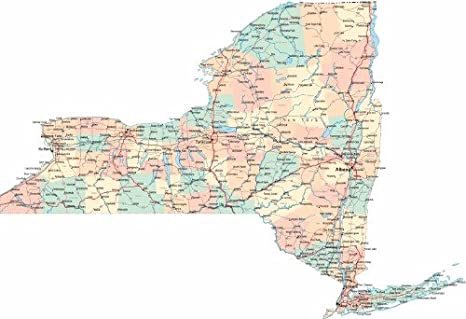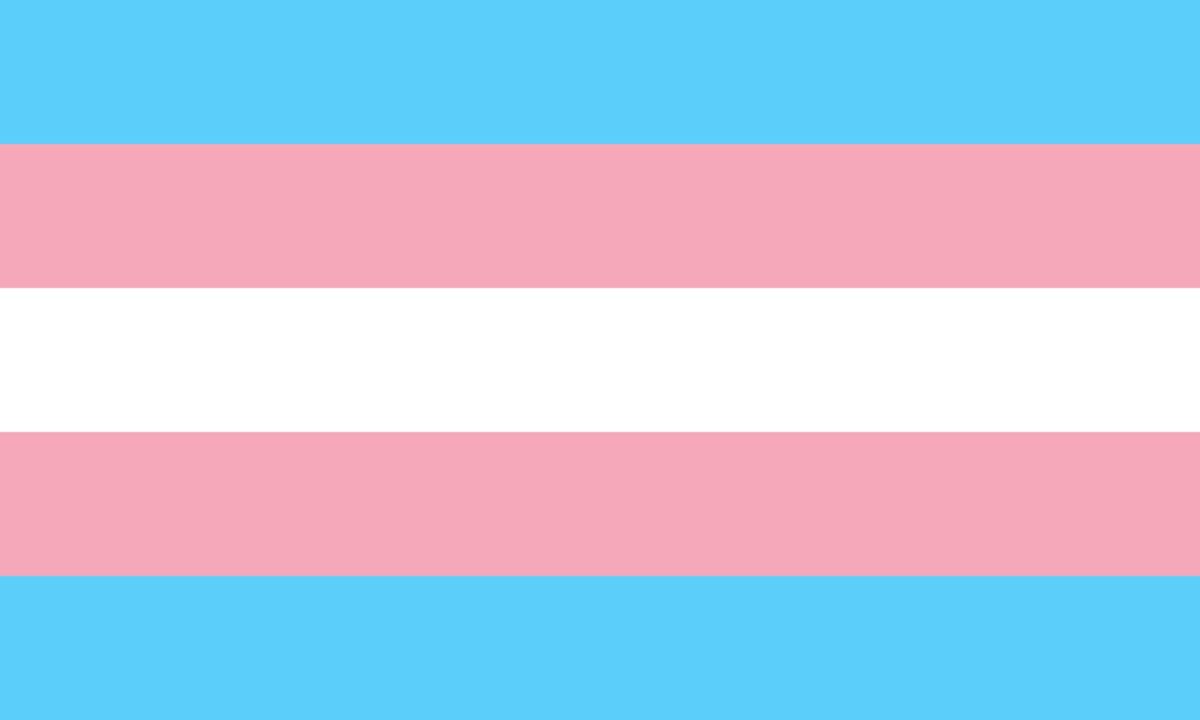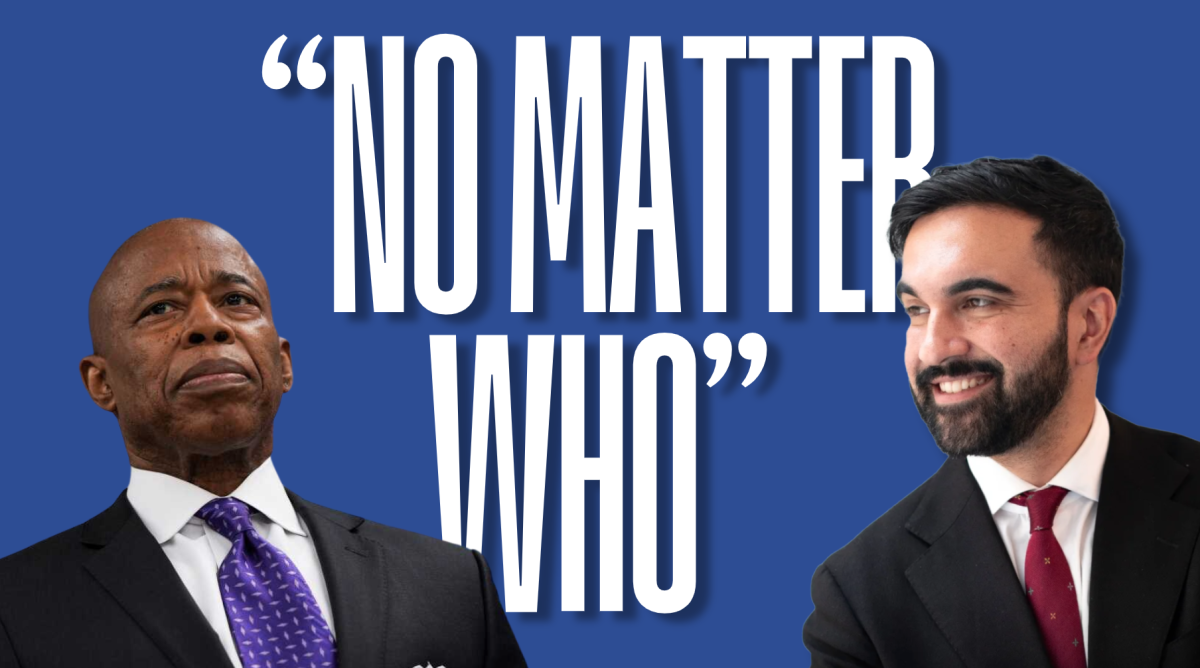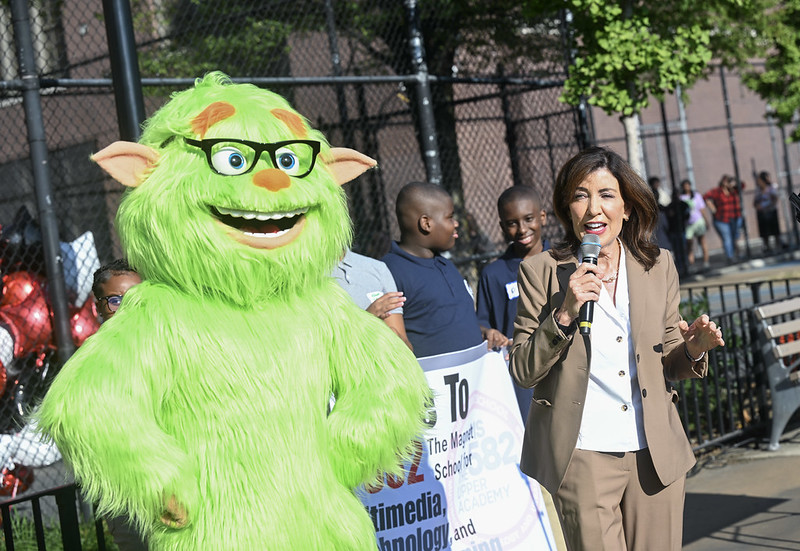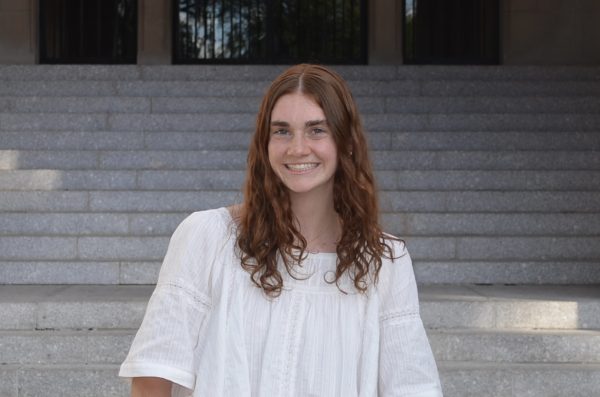When the state of New York opted to legalize the use of recreational marijuana and the opening of state-approved recreational dispensaries in March 2021, regulations were imposed to advance social equity for members of marginalized communities.
To achieve this goal, the New York Office of Cannabis Management prioritized approving licenses to open legal recreational dispensaries to people who qualify for the social and economic equity (SEE) program. By doing so, the state is taking steps towards advancing the socio-economic standing of historically disadvantaged groups when they are entering into burgeoning industries. The state of New York says the following groups fall within the SEE program: minority-owned businesses, women-owned businesses, distressed farmers, service-disabled farmers and individuals from a community that has been unfairly affected by cannabis-related charges. By including clauses rooted in social equity, New York not only became the 15th state to legalize recreational marijuana, but also one of the few states that has tied in social equity.
Although nearly three years removed from the initial date of legalization, the illegal marijuana market still accounts for the overwhelming majority of the drug’s sales. In November, CBS News reported, “City records show there are about 1,500 illegal marijuana shops and 11 legal ones in the five boroughs.” That said, in reality, the number could be much more significant as New York City Council member Lynn Shulman stated in August that there were “approximately 8,000 illegal, unlicensed smoke shops.” Given the fact that virtually every smoke shop in New York City sells weed under the table, the previously quoted number of 1,500 illegal marijuana shops feels like a drastic underestimation of the size of the illegal market.
As the process of legalization continues to show statistical failure in establishing the legal marijuana industry in New York, many have pointed to the clauses aimed at social equity as the reason for the illegal market remaining so prevalent. As of Jan. 24, 2024, a lawsuit was filed against the New York Office of Cannabis Management, claiming “the preference or priority given to women and minorities, over white men, violates the Equal Protection Clause of the United States Constitution.”
Although these social equity programs have hindered the rate of growth of the legal marijuana industry in New York in the years following the state’s legalization of recreational cannabis, they are essential to restoring communities that have been marginalized by cannabis prohibition. Throughout the history of cannabis prohibition in the U.S., minority communities have been disproportionately impacted by the criminalization of cannabis.
According to data collected by the American Civil Liberties Union (ACLU), between the years 2001 and 2010, marijuana-related charges accounted “for over half of all drug arrests in the United States.” Of those arrests, there were 3.73 charges given to Black individuals for every charge given to a white individual despite the relatively equal use of marijuana. Additionally, as shown by data gathered in 2022 by the United States Census Bureau, Black or African American individuals only account for 13.6% of the total U.S. population, whereas white individuals accounted for 75.5% of the total U.S. population. It is undeniable that the war on drugs has been disproportionately felt by individuals from historically marginalized communities. To legalize recreational cannabis without advancing the interests of such individuals should be seen as unjust.
In recent years, several other states have legalized recreational marijuana, including Colorado and California, without including plans to advance social equity for members of marginalized communities. This has resulted in the legal cannabis industry in such states being dominated by large marijuana conglomerates and hedge funds able to front the large sums of money required to clear state regulations. In California, the process by which the state has legalized recreational marijuana completely priced out small business owners and members of marginalized communities as they are unable to afford the taxes that come along with running a legal business.
The sale of marijuana and other drugs has historically been concentrated in impoverished urban communities. With that in mind, to legalize the sale of recreational weed without focusing on growing the social equity of these communities is to ignore and disregard the very people who have felt the brunt of cannabis prohibition and the war on drugs. These communities have been unjustly set back both socially and economically as a result of cannabis prohibition, so it only makes sense that the process of securing permits and licenses to sell recreational marijuana legally is more difficult for these communities.
Without the social equity clauses, the people who would benefit most from marijuana legalization are the same people who were never truly impacted by the effects of cannabis prohibition.





































































































































































































